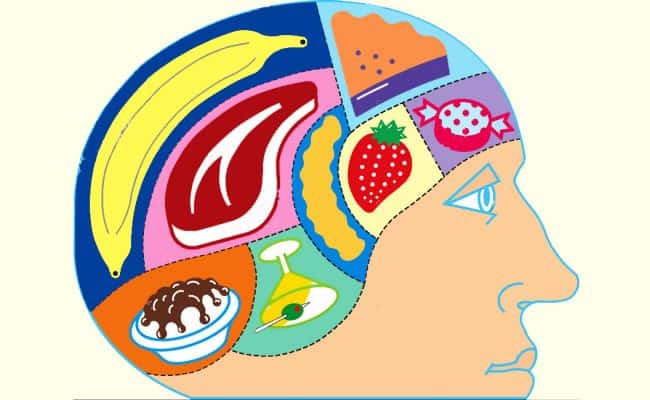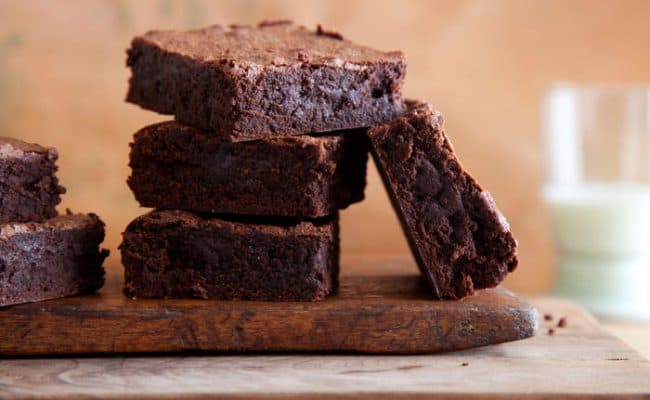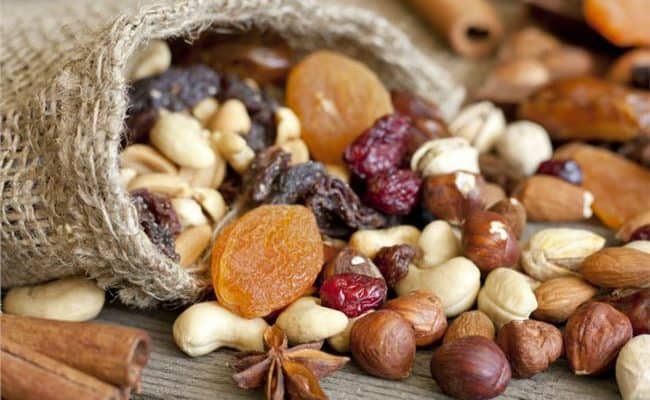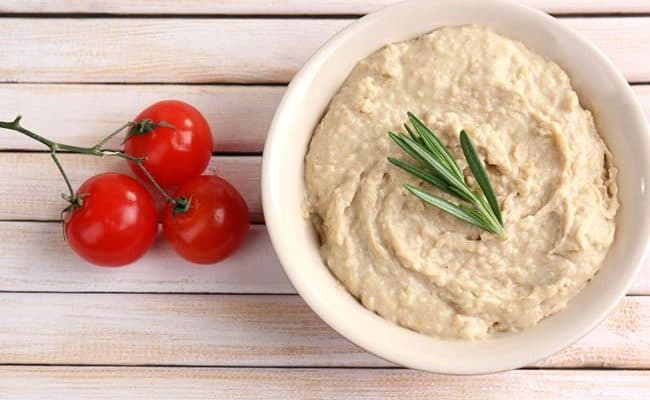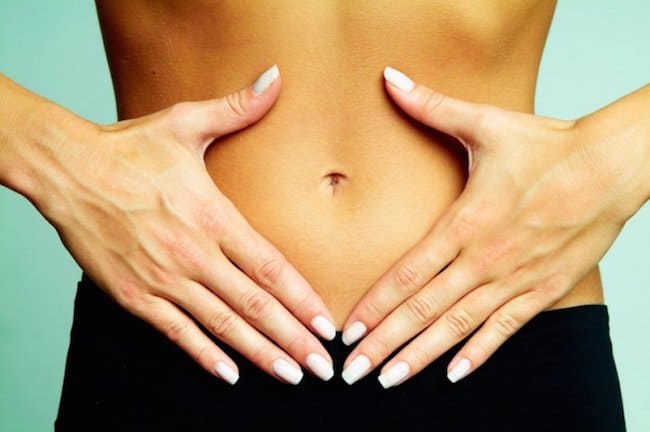
Most dieters know that to lose weight they need to eat less; however, this can be easier said than done if you are constantly feeling hungry throughout the day. Ongoing hunger makes it difficult to concentrate, harder to work out and can lead to overeating and binge eating type behaviors, so what can you do to eliminate the hunger whilst still eating less and losing weight?
1. Eat lean protein at each meal
Whilst very high protein, low carb diets are generally considered unsustainable and possibly unsafe in the long term, studies looking into this type of diet have suggested that protein does play a role in increasing satiety.
Many suggestions have been made as to why this is the case, with possibilities including protein ingestion resulting in less secretion of the appetite stimulating hormone ghrelin and the effects of different amino acid profiles in the blood after eating on hunger.
Lean protein such as chicken, fish, lean meat, eggs or vegetarian options like tofu or legumes should ideally be included at each meal to maximize satiety. To minimize calorie intake, remove any visible fat, choose lower fat cuts and cooking methods and keep portion sizes reasonable.
Remember that if you are increasing your protein intake you will need to decrease the amount of another part of your meal, for example carbohydrates or you will end up consuming more calories, which may lead to weight gain.
2. Choose low GI
Low glycemic index foods keep blood sugar levels stable for longer and prevent large spikes and drops in blood glucose. Stable blood sugar levels mean that you feel fuller for longer and avoid cravings for high sugar foods which may occur when blood sugar levels drop suddenly.
Where possible try to choose lower GI foods, or at least a combination of low and high GI foods together to moderate the effects of the high foods.
Low GI foods include whole grain breads and cereals, oats, vegetables such as sweet potato and carrot, a large variety of fruits, most dairy products and legumes.
3. Bump up your fiber
Fiber bulks up your food and increases your feeling of fullness without adding many extra calories. Choosing higher fiber versions of foods such as bread and cereals and eating more foods naturally high in fiber such as fruit, vegetables and whole grains may decrease the total volume of food eaten and therefore the calories consumed. (See also: How much fiber to eat per day)
4. Drink more water
Thirst is commonly mistaken for hunger, so drinking more can help you to feel fuller. Water is the best choice as it is free from calories and has many added benefits such as being good for the skin. Drinking a glass of water before a meal may help you to eat less as it fills some of the space in your stomach.
5. Choose smart snacks
Many people try to avoid snacks when they are attempting to lose weight as they feel that they will add extra unwanted calories to their diet, however, if chosen well, snacks can actually help with weight loss.
A healthy, high protein, low GI snack between meals can keep your hunger at bay and this means you are less likely to reach for unhealthy snacks or overeat at your next meal due to ravenous hunger.
Eating frequently may also keep your metabolism up and help you to burn calories faster than if you go long periods without eating.
Be aware that snacking will add calories, so it is advisable to reduce the size of your main meals if you are having a couple of snacks throughout the day to counteract this.
Healthy, satiety-promoting snack options include; unsalted nuts, low fat cheese on whole grain crackers, fruit, whole grain cereal with low fat milk, low fat yogurt or vegetable sticks with a healthy dip such as one based on yogurt or hummus.
6. Eat more low calorie foods
Although this isn’t strictly eating less in terms of quantity, it will help you to eat less in terms of calories and that is what is important in weight loss. Low calorie foods such as vegetables can be eaten in large quantities without contributing too many calories, so if you are feeling hungry on a regular basis, try eating larger portions of these and other water based foods to fill yourself up, whilst still limiting higher calorie options.
Research has also suggested that soups can have a positive effect on satiety, although they are usually low in calories and water based. Studies have found that whilst most fluids tend to have less effect on satiety than solid foods, those who eat soup before a meal tend to eat less calories overall and feel fuller.
7. Don’t eat until you are completely full
The Japanese have a concept known as Hara Hachi Bu, which suggests that one should only eat until they are 80% full. The Japanese population is known to have low levels of obesity and other lifestyles diseases and to have amongst the longest life spans in the world, so it makes sense that we should take some of their nutritional advice on board.
Stopping eating before you are full gives your body time to catch up and send the signals that it is in fact full already, as there is a delay between consuming food and feeling full.
This can help you to stop overeating and cut back on the amount of calories you are consuming.
References used in this article

